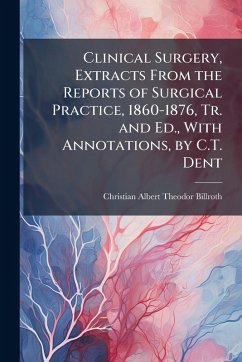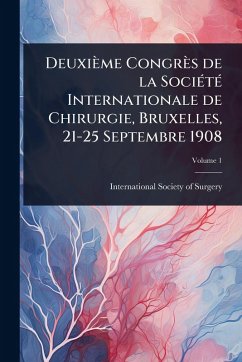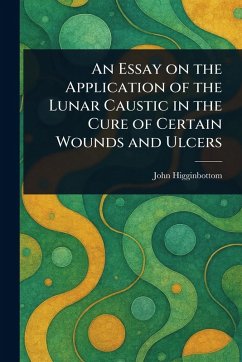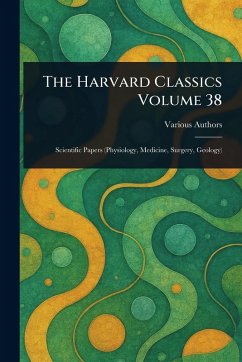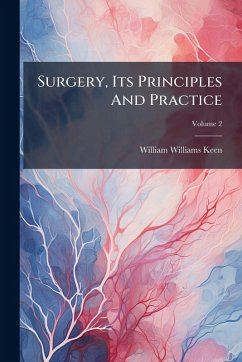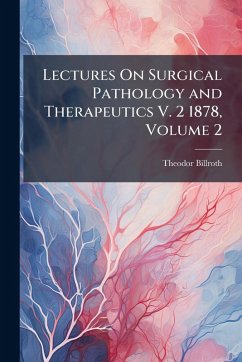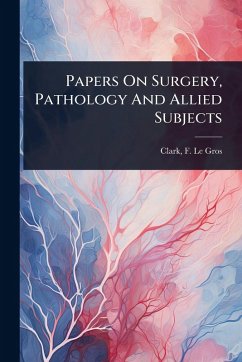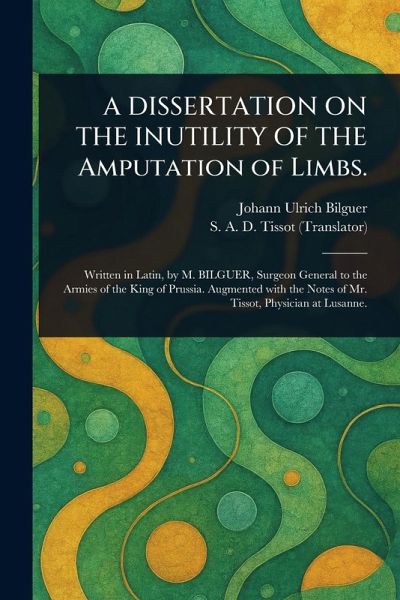
A DISSERTATION ON THE INUTILITY OF THE Amputation of Limbs.

PAYBACK Punkte
9 °P sammeln!
Explore the world of 18th-century medicine with Johann Ulrich Bilguer's controversial "A dissertation on the inutility of the amputation of limbs." This historical work challenges the prevailing surgical practices of its time, specifically the widespread use of amputation. Bilguer's dissertation, a significant contribution to medical history, presents arguments against amputation, offering a unique perspective on surgery and patient care. Delve into the details of historical surgical thought and consider the impact of this text on the evolution of medical practices. Of interest to those studyi...
Explore the world of 18th-century medicine with Johann Ulrich Bilguer's controversial "A dissertation on the inutility of the amputation of limbs." This historical work challenges the prevailing surgical practices of its time, specifically the widespread use of amputation. Bilguer's dissertation, a significant contribution to medical history, presents arguments against amputation, offering a unique perspective on surgery and patient care. Delve into the details of historical surgical thought and consider the impact of this text on the evolution of medical practices. Of interest to those studying the history of medicine, particularly surgery, this book provides insight into medical debates and the development of alternative treatments. A valuable resource for understanding historical perspectives on amputation and 18th-century medical thought. This work has been selected by scholars as being culturally important, and is part of the knowledge base of civilization as we know it. This work is in the public domain in the United States of America, and possibly other nations. Within the United States, you may freely copy and distribute this work, as no entity (individual or corporate) has a copyright on the body of the work. Scholars believe, and we concur, that this work is important enough to be preserved, reproduced, and made generally available to the public. We appreciate your support of the preservation process, and thank you for being an important part of keeping this knowledge alive and relevant.






